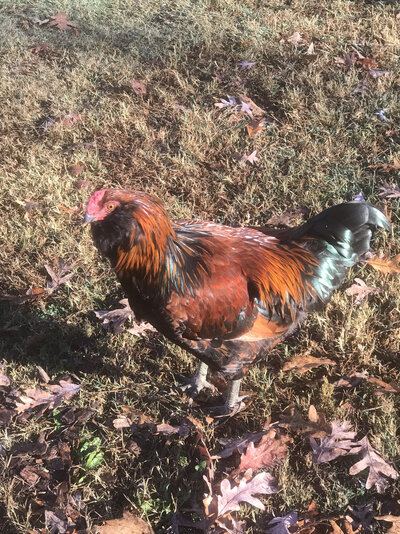RobinS1217
Songster
I have a 20 week EE Roo named Macho. He is with 16 girls he’s been with since hatch and he shares them with a Black Astralorp Roo. Macho will RUN DOWN the ladies and chase them frantically over our lot and pull at their necks and combs. They run for their lives. I know this is establishing dominance but my question is- could this be causing stress for my girls?(only one is laying so far) Or is it a normal Roo practice? My BA Roo doesn’t seem to chase them down the same way. Will peck and attempt to mate (he hasn’t quite figured it out) but never chases them although he is the king Roo in the coop.





